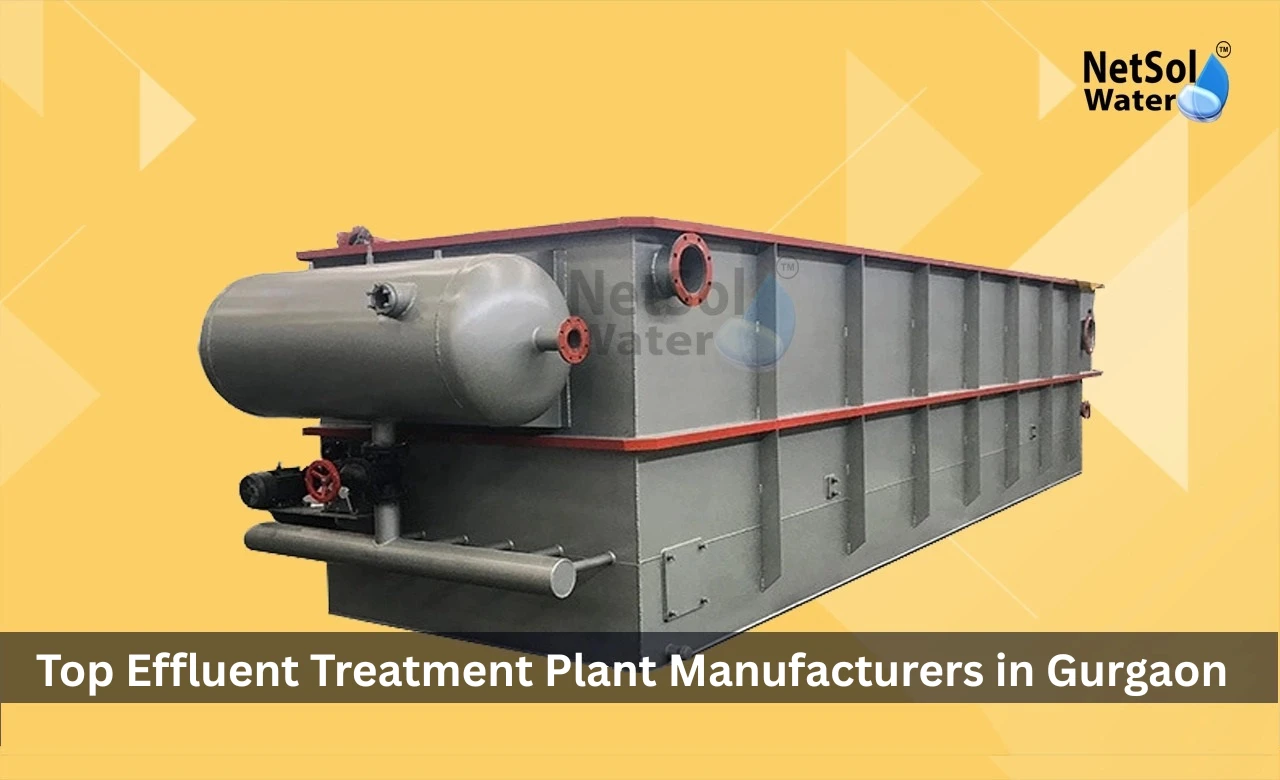Top Effluent Treatment Plant Manufacturers in Delhi
Delhi’s thriving industrial landscape generates massive volumes of industrial effluents containing toxic pollutants, organic matter, and harmful chemicals from sectors like:
-
Dyeing industries
-
Pharmaceutical manufacturing
-
Food processing plants
-
Steel industry
-
Chemical manufacturing
This comprehensive guide explores Delhi’s top Effluent Treatment Plant (ETP) manufacturers who provide cutting-edge technologies to transform contaminated water into safe water compliant with CPCB norms.
Why Delhi Needs Advanced ETP Solutions
Key Challenges:
- High concentration of industrial wastewater from 30,000+ factories
- Strict regulatory compliance requirements
- Space constraints demanding compact effluent treatment plants
- Need for cost-effective solutions with low operational cost
Treatment Benefits:
-
Effective contaminant removal (95%+ efficiency)
-
Resource recovery from wastewater
-
Prevention of water pollution
-
Reuse of treated water in industrial processes
Top ETP Plant Manufacturers in Delhi
1. Netsol Water – Industry Leader in Advanced ETPs
Pioneering membrane bioreactors and SBR technology
Key Features:
-
Custom-designed systems (5 KLD to 5 MLD capacity)
-
Advanced odor management systems
-
Remote monitoring capabilities
-
Tertiary treatment for water reuse
-
Low-maintenance-cost operations
Industries Served: Automotive, Pharmaceuticals, Textiles
2. Sewage Treatment Plants – Specialists in Chemical ETPs
Experts in physico-chemical treatment
Key Features:
-
Grease removal systems for food industry
-
Neutralization tanks for pH correction
-
Modular systems for easy expansion
-
95% solids removal efficiency
ETP Treatment Process – How Industrial Wastewater Gets Cleaned
1. Preliminary Treatment
-
Screening removes large solids
-
Grease traps separate oils
-
Equalization tanks balance flow
2. Primary Treatment
-
Clarifiers settle suspended solids
-
Chemical dosing for coagulation
3. Secondary (Biological) Treatment
-
MBBR technology for organic removal
-
Aeration tanks with air blowers
-
Activated sludge process
4. Tertiary Treatment
-
Sand filtration
-
Reverse osmosis
-
UV disinfection
Industry-Specific ETP Solutions
| Industry | Key Pollutants | Specialized Treatment |
|---|---|---|
| Textiles | Dyes, Heavy Metals | Advanced oxidation + MBR |
| Pharma | APIs, Solvents | Nanofiltration + Carbon Adsorption |
| Food Processing | BOD, FOG | DAF + Anaerobic Digestion |
| Automotive | Oils, Heavy Metals | Electrocoagulation |
Key Selection Criteria for ETP Plants
- Treatment Capacity (KLD/MLD)
- Compliance Level with CPCB standards
- Technology Used (MBBR, MBR, SBR)
- Footprint Requirements
- Automation Level (Control systems)
- After-Sales Support (AMC, Service team)
Emerging Trends in Effluent Treatment
-
Zero Liquid Discharge (ZLD) systems
-
AI-powered performance monitoring
-
Energy-efficient designs reducing power consumption
-
Water recycling for sustainable operations
Why Choose Delhi’s ETP Manufacturers?
Delhi-based manufacturers offer:
- Local service teams for quick response
- Understanding of regional compliance needs
- Cost-effective solutions with nominal prices
- Proven experience with diverse industries
Conclusion
Effluent treatment plant manufacturers in Delhi like Netsol Water combine robust systems with green technology to deliver:
- Regulatory compliant solutions
- Advanced treatment processes
- Cost-optimized operations
- Sustainable water management
Investing in the right ETP system ensures environmental protection while maintaining industrial productivity.





